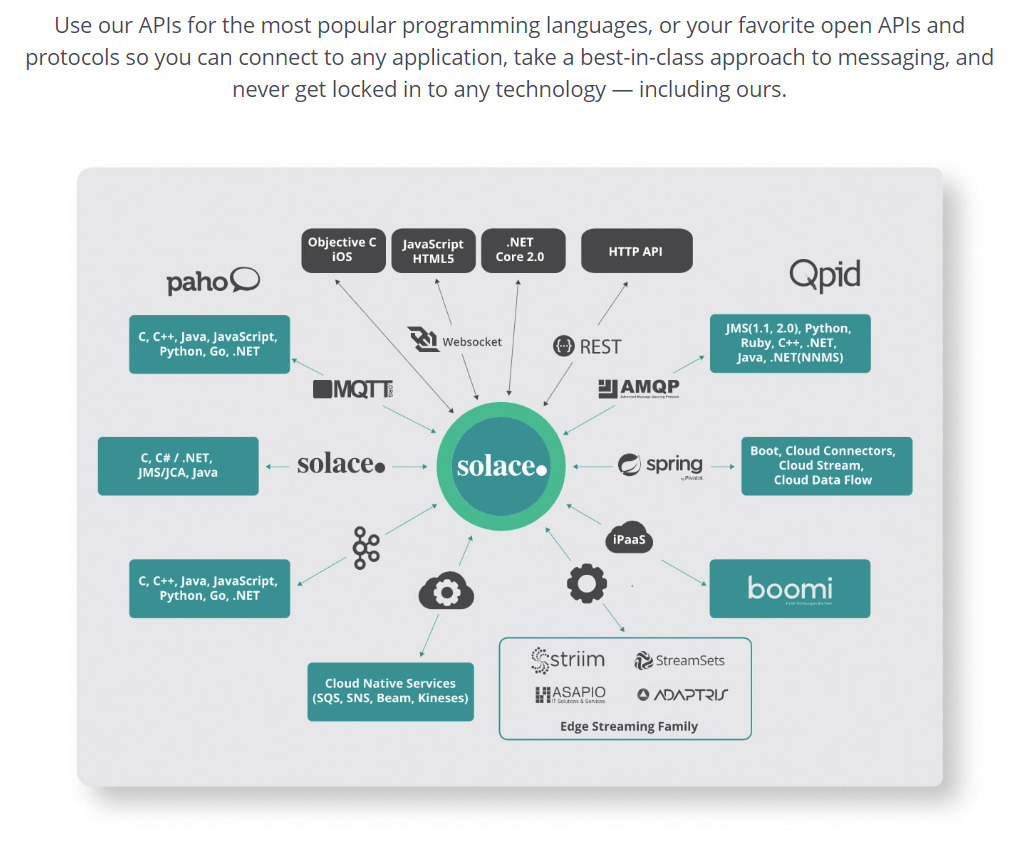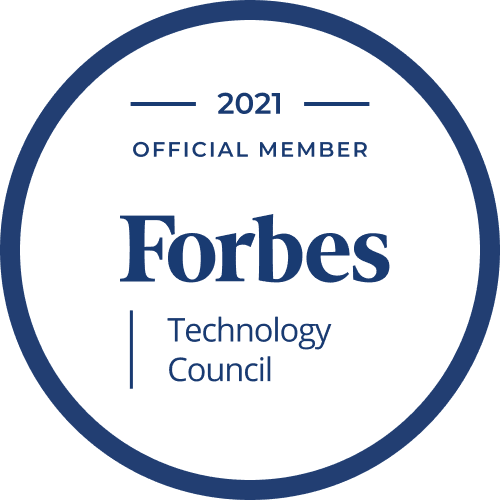How might the industry shift if thousands upon thousands of innovators started with the best message broker rather than with the mediocre?
It is a question that helped shape our decision to offer the best message broker for free. That, and remembering August 2003. Let me explain…
August 2003 is remembered by many as the month of the Northeast Blackout. Around 10 million people in my home province of Ontario went over a day without power, and over 45 million people across the US were impacted as well.
In a separate incident later that month, hundreds of thousands of London Underground passengers were left stranded in the dark.
Five years later, in reflecting on the cause of the Northeast Blackout, Scientific American concluded that:
Gathering the data is only the beginning.”
That line strikes a chord within me then as much as it does now.
August 2003 happens to be when I joined Solace, and is therefore when my obsession with the movement of data—not just the gathering of it—began.
It’s been nearly fifteen years, but I still find myself completely fascinated by the often unheralded data movement technologies that are powering so many of the experiences around us.
The Early Years – Building the Best Message Broker
Despite our unshakeable commitment to developing and delivering the world’s best messaging technology, most people we talked to didn’t understand or seem to care about it.
Still, our core team stuck together and kept chugging along, scrounging up some money when we could and remaining steadfast in our shared belief that we were building the quiet but essential backbone that would enable all of the things people did understand and seem to care about.
So in our office in Kanata, Ontario, where we still hand assemble our hardware appliances, we kept toiling away, mostly in silence.
But then, thanks to equal parts hustle, skill and luck, everything coalesced.
We managed to land customers such as Barclays Investment Bank, SAP, and even a national civil aviation authority. These organizations trusted in our technology enough to use it for their most mission-critical apps.
They even recommended us to other brands, world-class companies who we had dreamt about and quite literally been knocking on the doors of for years.
Frustrations with Open Source Messaging
But I wasn’t content then, and I’m not content now.
Eventually we recognized that not all applications required or, frankly, justified the cost of our enterprise solutions.
This insight was paired with another, one that sunk into my bones as I watched many people, including incredibly smart minds that I’ve looked up to over the years, choose open source technology like Mosquitto, ActiveMQ, RabbitMQ and/or Kafka that wasn’t and still isn’t, ironically, as open (let alone as secure, reliable or as unified) as what we had built at Solace.
This has troubled me for years, and it’s a major reason why I’ve decided to act on these insights by making the radical decision to give away a technology we’ve spent over a decade working on.
After all, I understand the reasons why people downloaded open source messaging solutions. It’s easy to get going without a contract and without any cost barriers. And for some applications that’s all many people will ever need.
But, as with the many other solutions out there, as the application requirements, data volumes, connections and complexity grows… many of these open source solutions simply cannot keep up.
We know this because a massive part of our business model over the years has essentially been former customers of one product coming to us, telling us what happened, and asking for our help.
When these insights all came together for me, many questions arose:
- What if we made our product just as easy to get started, and even easier to maintain?
- What if we offered it for free?
- What if we used the exact same business model as open source, but also made it possible to scale to any level?
- How might the industry shift if thousands upon thousands of innovators started with the best message broker rather than with the mediocre?
- Seriously, what if the best became the default?
- Might it prevent some worldwide outage, like what happened in August 2003?
I don’t know the answers, but I’m ready to take action so that I can find them.
The Best Message Broker is Now Free — With No Lock-In
So here we go.
Similar to open source, you can now use Solace for free with optional support.
But unlike many open source options, we are also committed to exposing open protocols such as REST, AMQP, and MQTT native to the broker without gateways, and while supporting open source APIs so you avoid lock-in at all levels.
Let this be our official announcement:
Solace now offers for free the same secure, open, highly available and reliable solution for apps that don’t require maximum scale.
It’s literally the exact same product as our Enterprise edition (you can see both editions here), but it’s limited to a reduced number of connections and it’s rate-limited to 10,000 messages/second.
But making it free isn’t enough, which is why we’re also committed to making it easier and more available so you can use it wherever you want.
All of this comes with flexible support options, and our customers absolutely love our support. They praise it as much as our products.
You now have an alternative.
Have fun and go build the future.
***
Watch the full webinar announcement here:

Explore other posts from category: Company

 Denis King
Denis King


